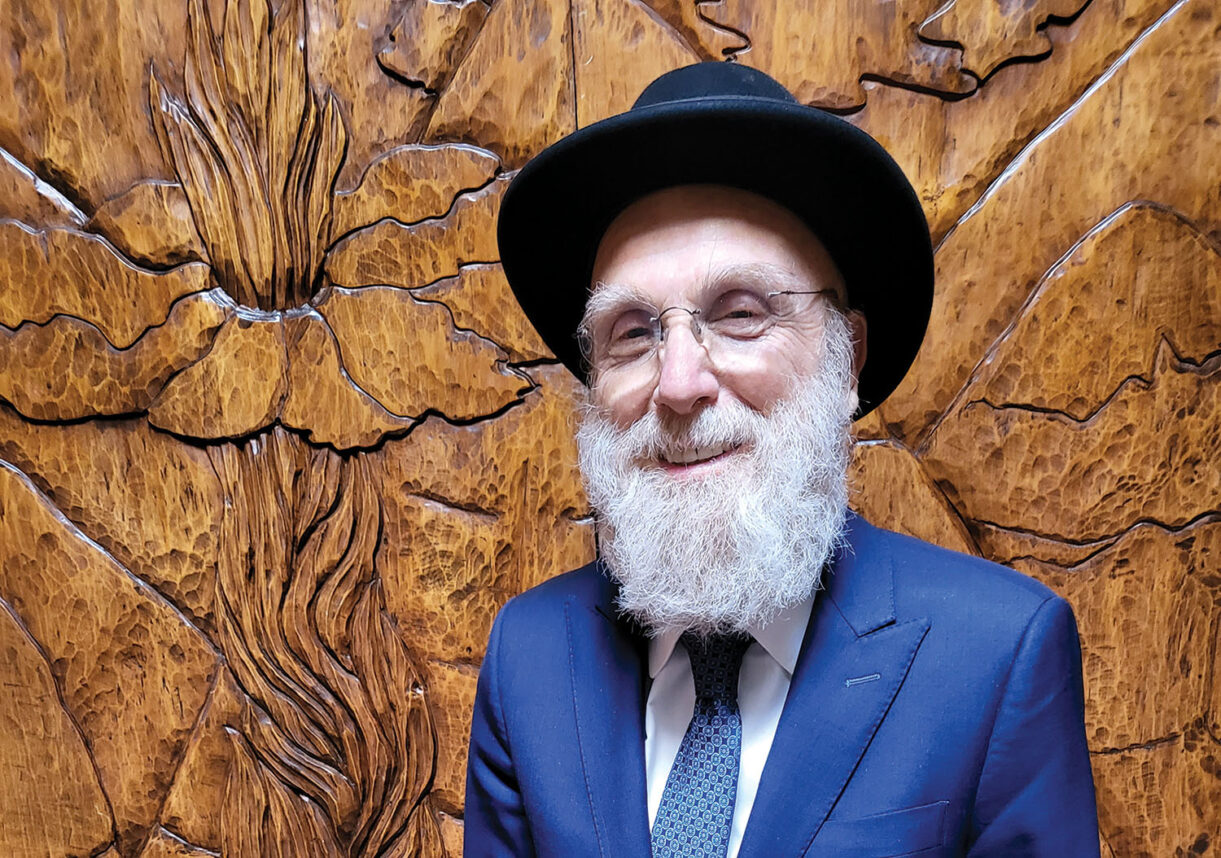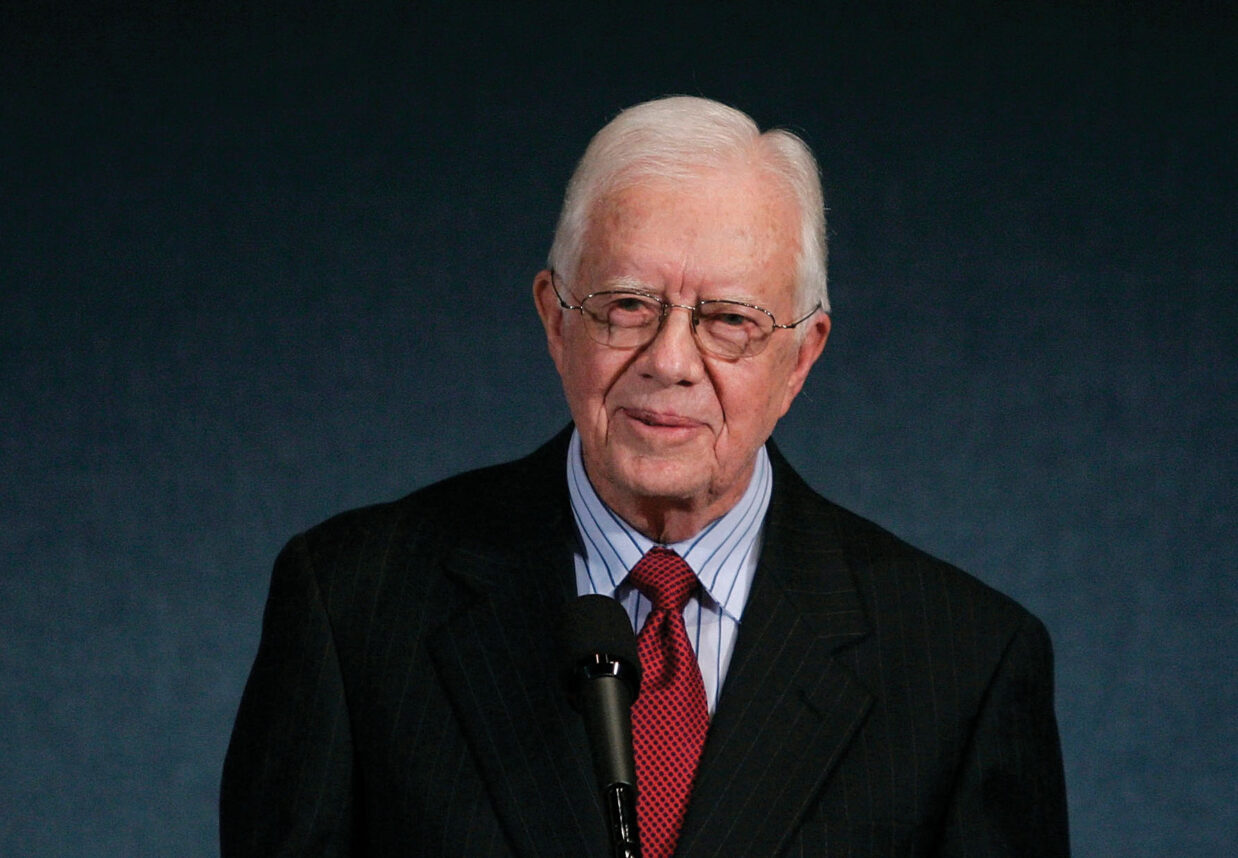So, how was your Cinco de Mayo? Mine was awful.
Blame the morning of May 4. That’s when I found out Adam “MCA” Yauch of the Beastie Boys had died at 47.
Despite Yauch’s much-publicized cancer fight, I was stunned. With the May 3, 2011, release of “Hot Sauce Committee, Part Two,” which had been delayed for two years because of his illness, it seemed then that Yauch had won the battle.
In 1986, I was a Fairfax High student missing my native Canarsie, Brooklyn, when the Beastie Boys, the first all-white (and Jewish!) rap group, released their major-label debut, “Licensed to Ill.”
These wild teens — Yauch, Adam “Ad-Rock” Horovitz and Michael “Mike D” Diamond — wore their snotty NYC attitude on their sleeves. Brash, irreverent, obnoxious yet clever, the Beasties were liberating. Like the best rock, they represented sex, drugs, alcohol, mayhem and every other thing I couldn’t indulge in myself. “Licensed” was a sonic “Inglourious Basterds”; a visceral, vicarious Jew-boy fantasy.
In today’s postmodern, ADD culture, where their infamous breakthrough single “(You Gotta) Fight for Your Right (to Party!)” can become elevator music worthy of your local Ralphs (look up Chris Martin’s acoustic cover of the song for proof…), many forget how truly ground-breaking the Beasties were.
Formed at Yauch’s 17th birthday party, the Beastie Boys caught the ear of NYU student Rick Rubin, who founded Def Jam Records with Russell Simmons. Rubin produced the abrasive “Licensed,” which became the first rap album to hit No. 1 on the Billboard charts. (In the wake of Yauch’s death, “Licensed” hit No. 18 [chai] on the Billboard 200, with six other Beasties albums re-entering the chart.)
During those uptight Reagan/PMRC (Parents Music Resource Center) years, the Beasties were the American Sex Pistols; anarchists in the USA, sliding on spilled beer across stages that included an underwear-clad caged dancer and props like giant Budweiser cans and a 12-foot-tall hydraulic phallus.
“Licensed to Ill” came bulk-loaded with so many politically incorrect rhymes that, after the band evolved into socially conscious hipster icons, they spent much of their career apologizing for it (as if its cartoony, over-the-top humor was lost on even them).
A falling-out with Def Jam sent them West to Capitol Records, where they recorded 1989’s “Paul’s Boutique,” a transmuting aural odyssey so sampledelic (created before artists paid royalties for samples) it would be cost-prohibitive to create that record today. Ahead of its time, “Paul’s” was not “Licensed, Part II.” Darker and grittier than its happy-go-lucky predecessor, “Paul’s” bombed. Yet this gigantic sonic leap forward became a hip-hop classic.
As they grew from Boys to men, the trio became restless and confident enough musicians to drop their comfort-food, tag-team raps and acknowledge their punk-rock roots or loungy tendencies on top-selling albums like “Ill Communication,” with its hit single “Sabotage,” and “Hello Nasty,” which earned the group two of its three Grammy wins.
Personality wise, they became reformed Beasties — even borderline preachy. An enlightened Yauch led the charge, trading his Judaism for Buddhism, marrying Tibetan-liberation activist Dechen Wangdu and championing Tibetan independence. In 2008, Yauch launched indie film distributor Oscilloscope Laboratories (“Wendy & Lucy,” Oscar nominees “The Messenger” and “Exit Through the Gift Shop”) with former THINKFilm executive David Fenkel.
In the wake of Yauch’s passing, an outpouring of celebrity grief hit the Twittersphere: Justin Timberlake, Jay-Z, Ben Stiller … even Simmons, who was dissed on “Paul’s,” praised him. Thankfully, Yauch lived long enough to see his group inducted into the Rock and Roll Hall of Fame in April; only the third rap group to earn such honors, after Run-D.M.C. and Grandmaster Flash and the Furious Five.
By far, the best MCA tribute came last year from Yauch himself. Yauch directed the band’s videos as “Nathanial Hörnblowér,” and for the “Hot Sauce Committee” single “Make Some Noise,” he shot the long-form “Fight for Your Right (to Party) Revisited,” doubling as cheap sequel and spoof of their teen hit. It’s a testament to the Beasties’ enduring popularity that a who’s who of celebrities make appearances, including Seth Rogen, Danny McBride, Will Ferrell, Jack Black, Susan Sarandon, Steve Buscemi and Maya Rudolph.
Beastie Boys, as a group, is done. (You can’t just hire another MCA like Weezer can a new bassist.) So what’s the silver lining? Perhaps Yauch’s legacy is that others will be inspired by his social activism and support of independent filmmakers in an age when studios would rather make blockbusters like “The Avengers.” And while the last two albums were arguably “meh,” Yauch proved one could mature gracefully, humor intact, and still stay relevant. In rap years, Beastie Boys were AC/DC. What other ’80s hip-hop act has topped the charts for 26 years?
What’s eerie, I realized, was how MCA performed a rare solo jam, “A Year and a Day,” on “Paul’s.” I guess back in ’89 he called it. On May 4, Yauch died “a year and a day” after their final album’s release.
Michael Aushenker lives in Pacific Palisades, where he writes for the Malibu Times and contributes as a cartoonist to Heavy Metal magazine and Gumby comics. His latest comic book, “Bart Simpson” No. 70, is now on sale at newsstands and bookshops everywhere. Visit CartoonFlophouse.com.






















 More news and opinions than at a Shabbat dinner, right in your inbox.
More news and opinions than at a Shabbat dinner, right in your inbox.